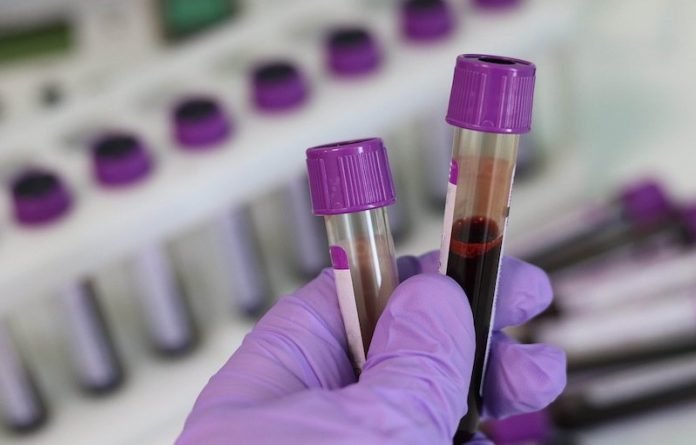
Scientists from Brigham and Women’s Hospital found that full-dose anticoagulation lowers the risk of blood clotting complications.
Anticoagulants are medicines that help prevent blood clots. They’re given to people at a high risk of getting clots, to reduce their chances of developing serious conditions such as strokes and heart attacks.
Previous results from previous clinical trials assessing strategies for preventing blood clots in patients with COVID-19 have been mixed.
In the study, the team examined critically ill patients with COVID-19 from sites across the U.S.
Patients were assigned to receive either full-dose or standard-dose prophylactic anticoagulation therapy. A total of 390 patients were randomized to an anticoagulation strategy.
The team found that the risk of venous or arterial clotting complications was 44 percent lower among patients who received full-dose compared to standard-dose.
Fatal or life-threatening bleeding occurred in four patients in the full-dose group compared to one patient in the standard-dose group.
The team says until now, the best way for preventing blood clots among patients who are critically ill with COVID-19 has remained uncertain.
This study shows that, compared with standard-dose prophylaxis, full-dose anticoagulation more effectively prevents the clotting complications of COVID-19.
If you care about COVID, please read studies about why COVID-19 is severe in some people and mild in others, and this face mask can capture and deactivate the COVID-19 virus.
For more information about health, please see recent studies about whether monkeypox is the next COVID-19, and results showing a universal antibody therapy to fight all COVID-19 variants.
The research was published in Circulation and conducted by David Berg et al.
Copyright © 2022 Knowridge Science Report. All rights reserved.



